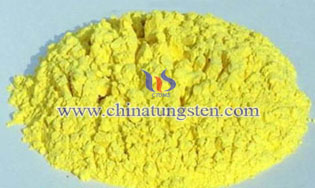Risky Rescue: Tungsten Purchase Reveals Devolution Desperation III
- Details
- Category: Tungsten's News
- Published on Monday, 30 November 2015 10:27
- Hits: 674
The price of devolution
In the lead up to devolution, concerns were raised that the resource revenues promised in the deal with Canada would not be enough to outweigh the high costs of taking on additional responsibility.
So far, the deal has indeed under-delivered, at least in terms of revenues. Despite originally estimating that it could collect a share totalling $60 million for the year, the GNWT lowered its estimate for the 2014-15 fiscal year to closer to $40 million. Based on the continued downturn in mining, oil and gas in the territory, it’s likely that 2015-16 will see similar figures.
To add to that, we still don’t have a clear enough picture of the total costs of devolution to fully understand if the benefits of northern control are truly outweighing the liabilities.
While the GNWT is probably not planning any further acquisitions of resource properties in the near future, the move to save Mactung raises red flags, not only about the dire state of global resource markets, but the lengths the government is willing to go to try to salvage the industry for the sake of resource revenues.
We may still be in the throes of the post-devolution evolution, but it seems rather doubtful that acquiring a mining property was what territorial leaders — and residents — had in mind when they said they wanted more control over lands, water and resources in the NWT. By throwing this property a taxpayer-funded lifeline, the GNWT has set a dangerous precedent for a struggling sector and revealed its own economic panic.
| Tungsten Supplier: Chinatungsten Online www.chinatungsten.com | Tel.: 86 592 5129696; Fax: 86 592 5129797;Email:sales@chinatungsten.com |
| Tungsten News & Prices, 3G Version: http://3g.chinatungsten.com | Molybdenum News & Molybdenum Price: http://news.molybdenum.com.cn |








 sales@chinatungsten.com
sales@chinatungsten.com